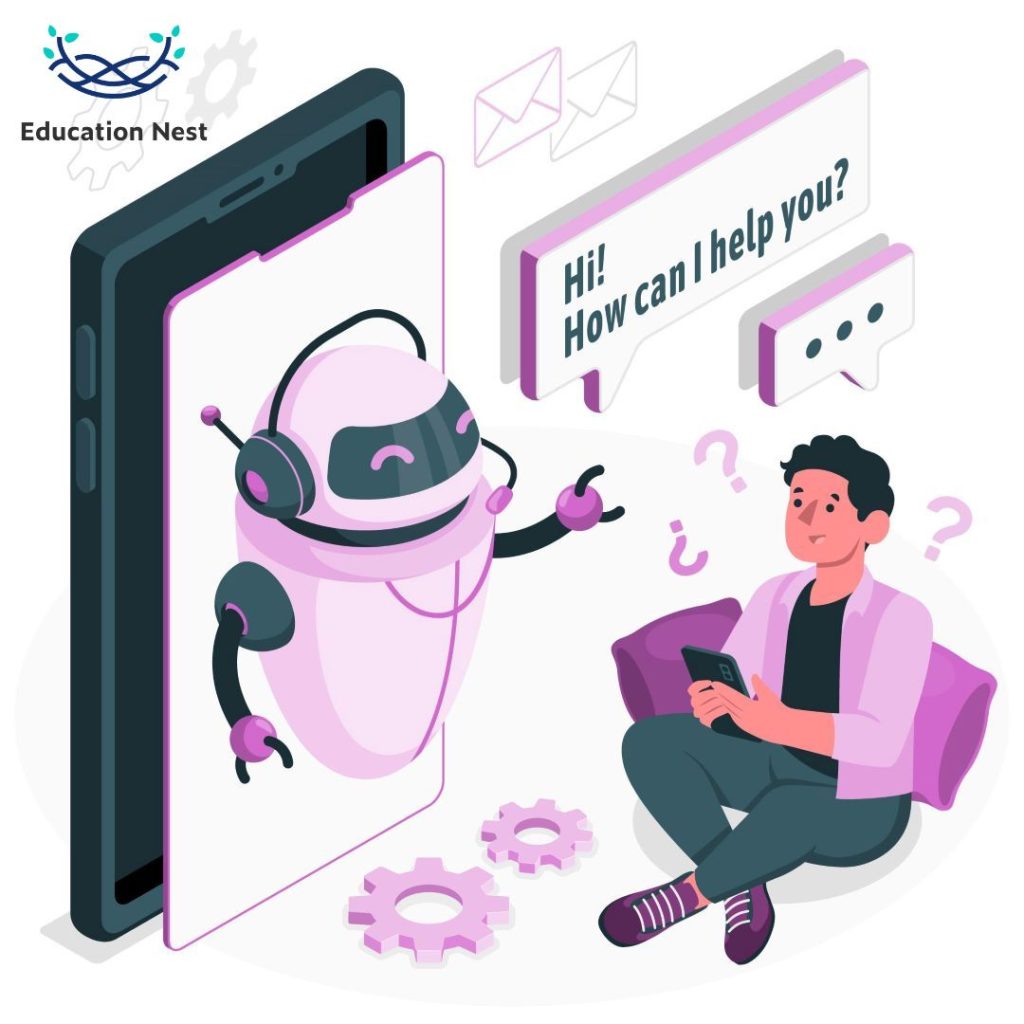In the past few years, chatbots and AI have changed in a big way. More information is being fed into the once-futuristic but now annoying digital assistants so that customer service can be improved and sales can go up. Is it really worth all the effort and money? That’s a question to which you can only find an answer after thinking about your field and business needs. But most businesses can benefit greatly from the advanced bot infrastructure of today. Here, in this blog, we will be exploring the benefits of Chatbots for businesses.
First, let us understand what a chatbot is.
What are Chatbots?
A chatbot is an artificial intelligence (AI) program that can talk like a person by using key user phrases and audible or written signals. Chatbots are often used by businesses to offer CRM services around the clock. This kind of software bot can also work as a helpful digital assistant.
Some other names for a chatbot are a chat robot, a talk bot, a chatterbot, or a chatterbox.
Now, we will be exploring the top benefits of chatbots.

Benefits of Using Chatbots
Indeed, there are various benefits of chatbots which are helpful for businesses. We will be discussing five of them here.
Chatbots Help Improve Customer Involvement
Chatbots can have real-time conversations with people and respond right away. These systems are much better than phone trees, which make callers wait while they scroll through a long list of orders and can only say a few words. Customers are more likely to use your website if it’s easy for them to get in touch with you right away.
Chatbots that are responsive and have information about the people who use your website and the products you sell could be a huge help to your business. Customers like how fast and easy it is to get help, especially when they need it.
Works Well with Real-Time Communication
Chatbots can help with live chat support by passing on messages sent outside of work hours and letting real people know about problems on the site. Your chatbot can also go after customers who spend a lot of time on your website. Since chatbots do all the screening for agents, it will not only increase engagement, but it will also make it easier for agents to talk to good prospects.
24/7 Availability
The fact that bots are always available and respond quickly could also bring in more money. The longer a customer is “on-hold,” the less likely they are to want to buy something. The instantaneous nature of chatbot responses guarantees that the customer will be kept interested and well-served throughout their trip.
Also Read:
Everything you need to know about Tesla Cars
Automation of Routine Tasks
Chatbots shouldn’t be used in place of real customer service reps, but they could be very helpful as extra tools. A chatbot can take care of boring tasks like setting up appointments and sending out reminders. People have said that chatbots have helped businesses save money on customer service and answer common questions faster and cheaper. Chatbots can now do a lot of different things thanks to advances in technology. They can send and receive emails, collect and verify contracts, track packages, cancel transactions, and more.
Allows Business to be Heard
If you only talk to your clients rarely or never in person, you’re missing a chance to change how they feel about your brand. Chatbots can help your business show its own personality. When you make a smart bot from scratch, you can change everything about how it looks and acts. Setting up and mastering these things takes a lot of time and work, but they can have a big impact on how people see your business.
Undoubtedly, chatbots are really beneficial for businesses. They help businesses grow and make tasks easier.
Conclusion
On the whole, modern chatbots are often used when all that’s needed is a simple conversation with a small number of possible answers. This can include applications for customer service and marketing, where chatbots can answer questions about products, services, or company policies. When a customer’s inquiries go beyond the scope of the chatbot’s capabilities, the interaction is typically transferred to a human agent.
